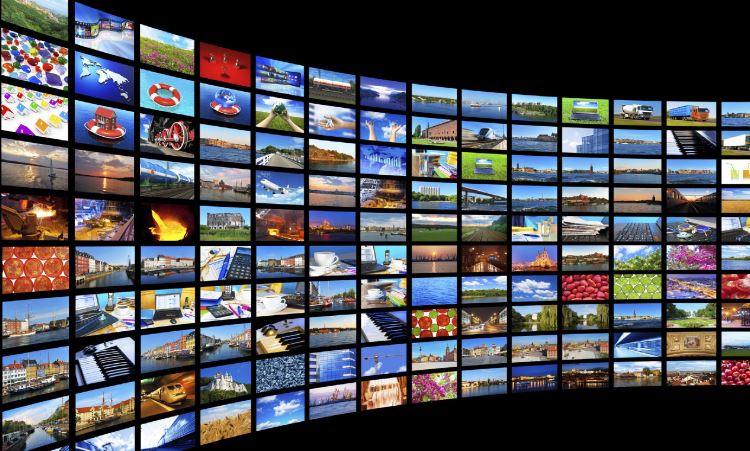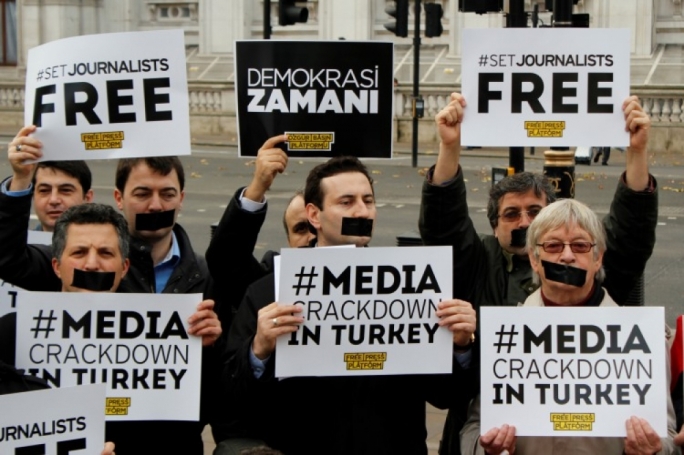Media Culture
Media culture focuses on investigating factors or processes that shape today’s world. With the rapidly evolving technology and the changing times, media culture plays a significant role in addressing some global emergencies such as climate, health, and structural inequalities. The reason is that the media can reach a broad audience and is instant. Today, the climate is a big global crisis that significantly affects political, economic, and social lives worldwide. More so, the media is also playing a big role in addressing structural inequality.
Structural inequality refers to the situation where certain privileges are not provided equally to all social groups or all institutions. Allocation of resources such as health is biased, which means that some groups or some institutions have more advantages than other groups.
Another factor that the media has had an impact on is the health sector. The World Health Organization has highlighted several health emergencies that should be prioritized and insists on the importance of public health (Anderson et al., 2012). This paper will focus on these three factors and evaluate how media culture has helped address these emergencies.
The media has greatly helped in sensitization on matters of climate change. This has affected the public’s opinion on the climate crisis that the global continent is facing. Without a doubt, the media is at the center of fighting climate change. It has helped raise awareness and bring to an understanding of the environment or climatic changes encouraging friendly environmental behavior (Anderson, 2017). With the media providing informative information about climate change, policymakers can make the right decisions and take the appropriate steps to handle this emergency.
Additionally, media culture helps provide a translation of information given by scientists and activists to the general public in a more understandable way. On the other hand, the media has helped people understand their rights by holding the people in power accountable for the climate crisis. This has led to media personalities interviewing government officials on what they have done in order to combat the crisis.
Such questions or interviews with politicians allow the public to evaluate the government’s initiatives and decide whether they chose the right leaders. Finally, the media emphasizes and airs the impacts of climate change and how they affect human beings. For example, by covering news of areas in which people have been swept away by floods, the media sensitizes people on the need to be more cautious and take more care of the environment to reduce climate change impacts
Media Culture and Society
The significant role of media in the health sector cannot be disputed. The media has played a huge role in ensuring that the public is well-educated on health issues. Media has been the biggest catalyst to help promote healthcare. For example, during the Coronavirus, pandemic media has been the Primary educator on rules and regulations that need to be followed to avoid contracting the disease.
Besides, it also helps bring together different partnerships, private sectors, non-governmental organizations, volunteers, and professional organizations worldwide to solve a certain health crisis (Moorhead et al., 2013). For example, it has brought together different stakeholders from different countries in an effort to find a vaccine for coronavirus disease.
Additionally, the media has also helped health workers reach disadvantaged groups in rural areas. Health workers can also keep the public updated about certain immunizations or offer guidance on measures that should be taken on emergency health complications. Apart from just education, the media also informs the public about the general health situation worldwide
It is the media’s role to provide correct statistics and correct information on the number of people infected by a certain disease or the people who are more vulnerable to infection. The media should also inform the public about geographical areas that have been affected or are more likely to be affected by a certain disease.
The fairly widespread inequalities have posed a question and need for concern as they are a potential threat for social disruption. As a result, the media has come up to play a crucial part in making the public aware of their rights and addressing inequality issues. Search inequalities include education inequality, health inequalities, ethnic inequalities, racial discrimination, gender discrimination, and employment discrimination (Childress & Nault, 2019). Such discrimination has led to conflict and violence in the past few years. Entertainment, politics, and news media all influence the public’s opinion on inequality.
Awareness of Media Culture
However, while the media has been used to promote awareness about inequalities, it has also been at the center in promoting inequality. This is majorly because most of these media channels are owned by private individuals. The channels mostly release news based on their customers or where they are located, which means that they will definitely want to give their consumers what they like to hear.
Sometimes political members even bribe the media to hide relevant information that could have been useful to the public. For example, in the case of employment, employers may employ only their family members and collaborate with the media to avoid exposing the employed list to the public. This is clear evidence that rich people or relatively high-class people have the power to manipulate information that is released to the media.
In conclusion, it is without a doubt that media plays an integral part in emergency response. On the media, it is easy to influence the public, mobilize the public, raise funds, and hold campaigns to manage an emergency. This is because it reaches information fast to the people who need it most. With advanced technology, media culture has the ability to manage emergencies, unlike in ancient times when there was no internet or technology. Nevertheless, government and media organizations deem to improve the dissemination of information. It is their role to ensure that the news released is accurate, responsible, and reliable.
References
Anderson, A. A. (2017). Effects of social media culture use on climate change opinion, knowledge, and behavior. In Oxford Research Encyclopedia of Climate Science.
Anderson, P. D., Suter, R. E., Mulligan, T., Bodiwala, G., Razzak, J. A., Mock, C., & International Federation for Emergency Medicine. (2012). World Health Assembly Resolution 60.22 and its importance as a health care policy tool for improving emergency care access and availability globally. Annals of emergency medicine, 60(1), 35-44.
Childress, C., & Nault, J. F. (2019). Encultured Biases: The Role of Products in Pathways to Inequality. American Sociological Review, 84(1), 115-141.
Moorhead, S. A., Hazlett, D. E., Harrison, L., Carroll, J. K., Irwin, A., & Hoving, C. (2013). A new dimension of health care: systematic review of the uses, benefits, and limitations of social media for health communication. Journal of medical Internet research, 15(4), e85.
Relevant Posts
Media Communications Dissertation
Media and Culture Dissertation Press Freedom in Turkey
Did you find any useful knowledge relating to media culture and society in this post? What are the key facts that grabbed your attention? Let us know in the comments. Thank you.


